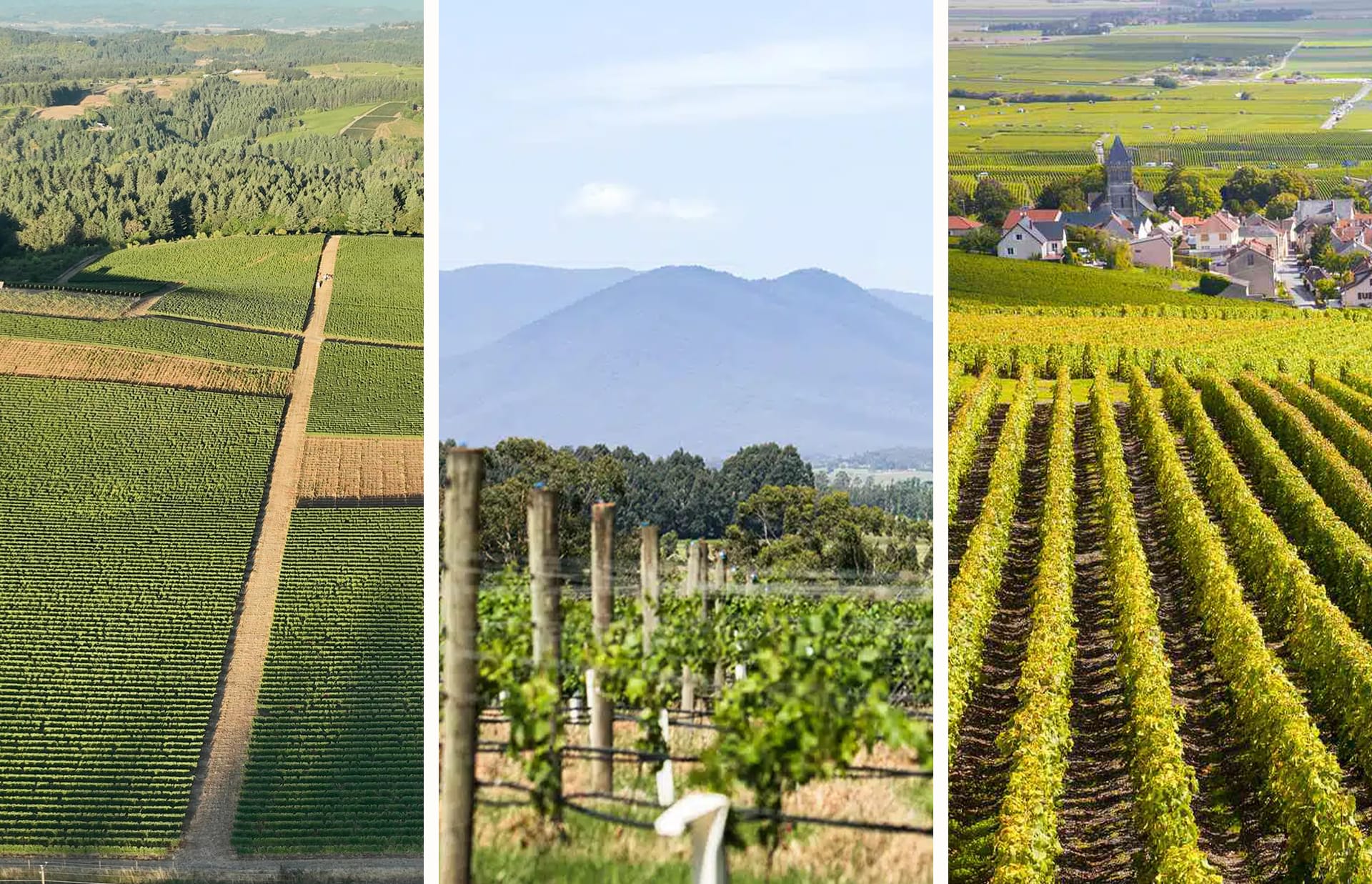People
Wine Experts and Their Many Dimensions
July 9, 2024

Becoming an expert in any field requires a great deal of time, patience, and overall experience, and the wine industry is no exception. However, garnering said wine experience isn’t necessarily a one-way street—and can actually be way more dynamic than you may think. Beyond memorizing statistics and pursuing certifications, becoming an expert in wine is achieved in a variety of ways, from tasting and traveling to working in restaurants, retail stores, and immersing yourself in viticultural areas as much as possible. Curious to learn more about what it means to be a wine expert (and above all, what it takes?) Three of our Sommsation pros weigh in below.
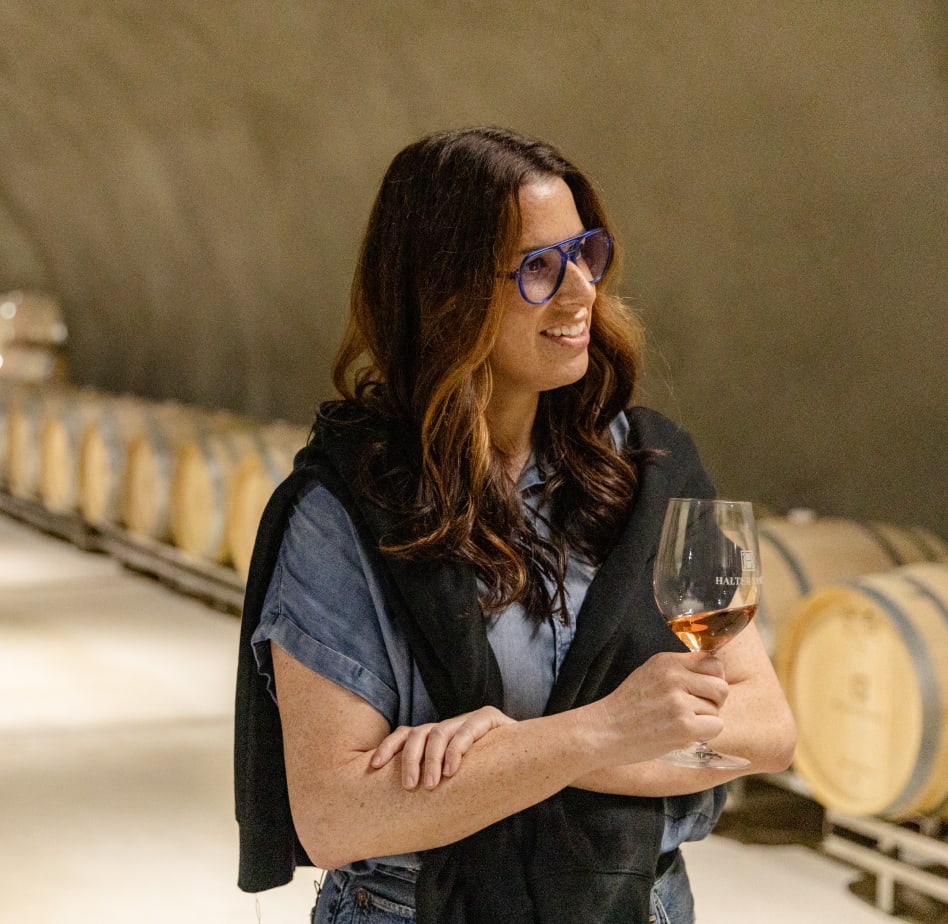
The funny thing about wine experts—and most experts in general—is that they generally won’t deem themselves as such. “People will call others wine experts, but those “experts” will never actually refer to themselves as such,” says Elyse Lovenworth, Lead Sommelier at Sommsation. “This is important, because they know there’s so much to know, and that so much is subjective,” she says. Lovenworth shares that from her experience, wine experts are those who have extensive experience with it, and are equally able to communicate their experience in an effective manner.
For Lovenworth, this can look like working in wine regions, whether it be for a harvest or in a tasting room, as well as traveling to viticultural regions. “Understanding the landscape and all of the subtle nuances—not just about wine, but also the culture and tradition of places—is really the right way to approach it,” she says, emphasizing the “intrinsically human” nature of wine. “It’s about getting people to relate to the human experience of wine. You're only able to speak to that if you've lived that yourself,” she says.
Gaining Expertise via Wine Certifications
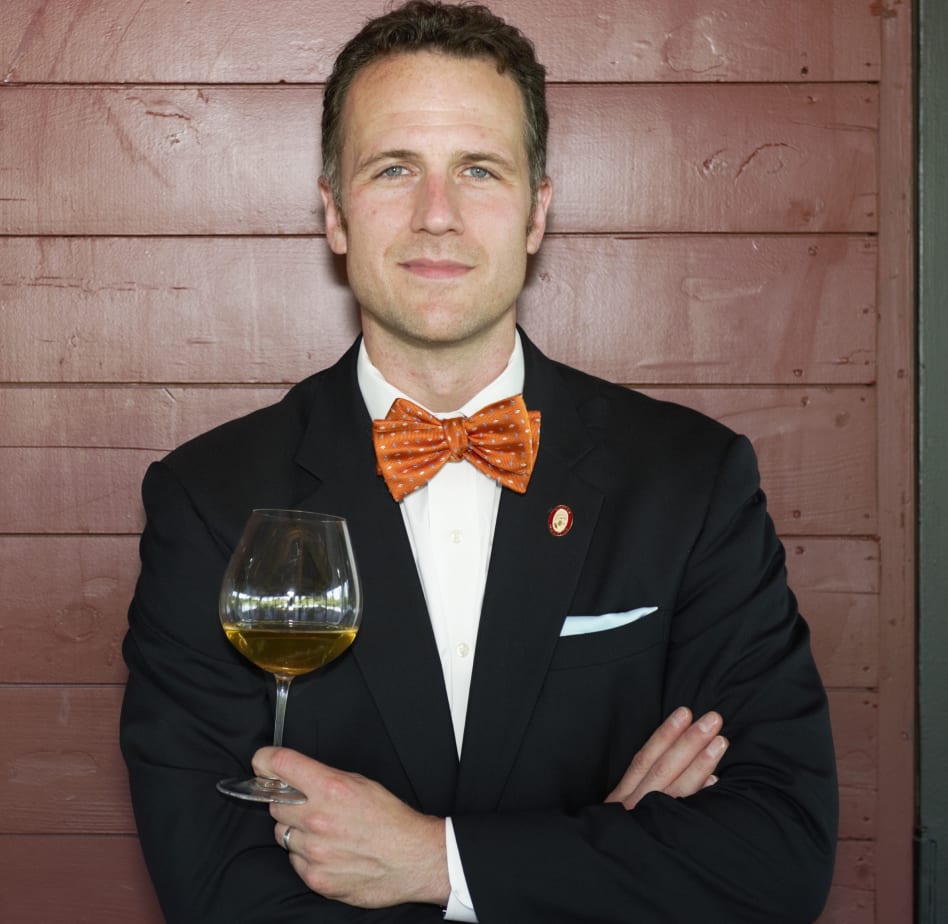
In addition to hands-on experience, a number of certifications exist in the wine world, and if you’re considering pursuing one, knowing the main differences amongst the most reputable options is key. Michael Meagher, a Master Sommelier who holds numerous certifications from various boards cites the Court of Master Sommeliers (CMS), the Wine and Spirits Education trust (WSET), Society of Wine Educators (SWE), and Wine Scholars Guild as the main four. “These organizations are all related in that they deal with furthering and advancing the knowledge of wine, but there are very unique aspects to each one,” he says.
Meagher describes the Court of Master Sommeliers as the organization most focused on hospitality and wine service in a professional restaurant setting—however, its candidates needn’t necessarily be restaurant professionals. On the other hand, he cites WSET as more focused on knowledge and tasting, and notes that the courses generally take place in more of a classroom setting.
“This organization is probably more for people who are looking to build knowledge, not necessarily hospitality-focused skill sets,” he says.
Following CMS and WSET, Meagher describes the Society of Wine Educators as one geared towards those looking to get into the world of wine education, as the training highlights how to clearly and efficiently communicate information about wine. Lastly, he describes the Wine Scholars Guild as an organization focused on providing in-depth training on specific regions or subjects.
Wine Expertise and Artificial Intelligence
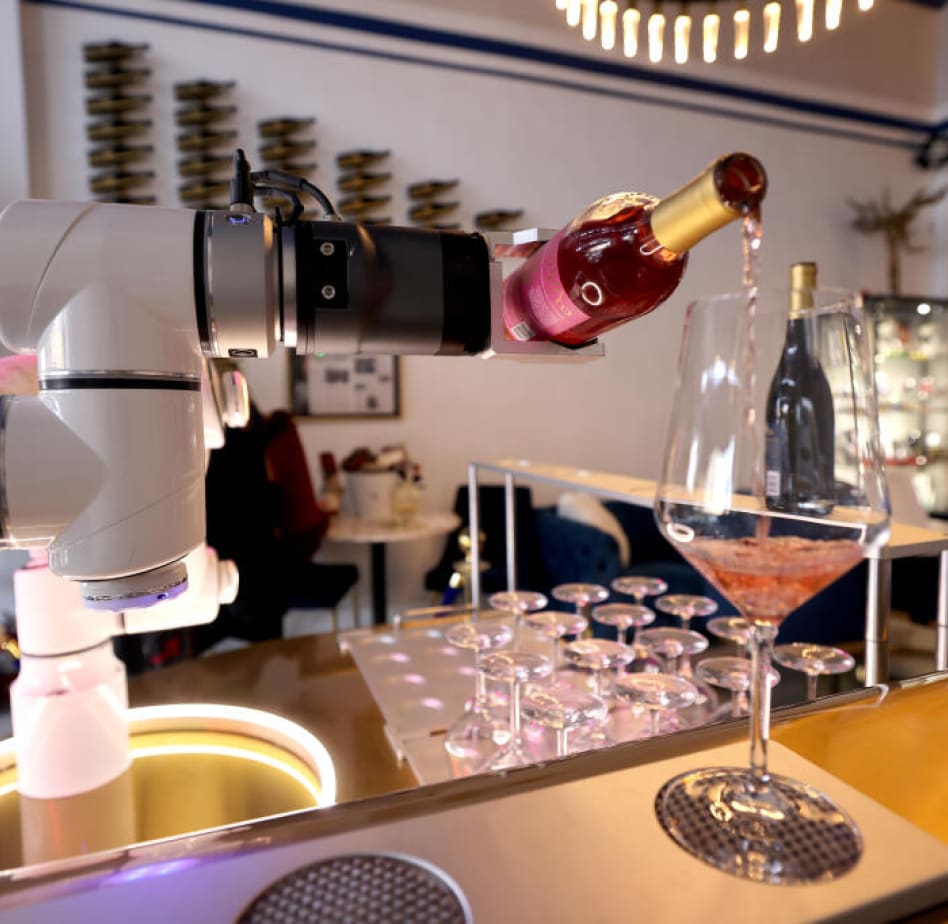
Of course, it’s 2024 and Sommsation is a technology company, so we also have to talk about the intersection between wine expertise and artificial intelligence. Nobody can accuse Sommsation of not being forward-thinking from a technology perspective, but we think that most of the people trying to replace wine expertise with the output of LLMs (Large Language Models) are missing the point pretty badly. Co-Founder and CTO, Matt Hessinger explains why we don’t think ChatGPT and the like will render human wine expertise irrelevant anytime soon: “To begin with, a lot of the so-called ‘wine AI’ toys we are seeing out there are just next generation salesbots. They aren’t unbiased, so how or why would you trust them?”
Aside from their credibility problem, a lot of LLM-based wine tools seem based on a misunderstanding of not only (1) how and why machine learning works (and what it’s good for), but also (2) what value sommeliers and other wine experts contribute to the wine experience.
In addition to predicting which new wines you should try, sommeliers and other wine experts excel at helping you to enjoy those wines more subtly and more profoundly.
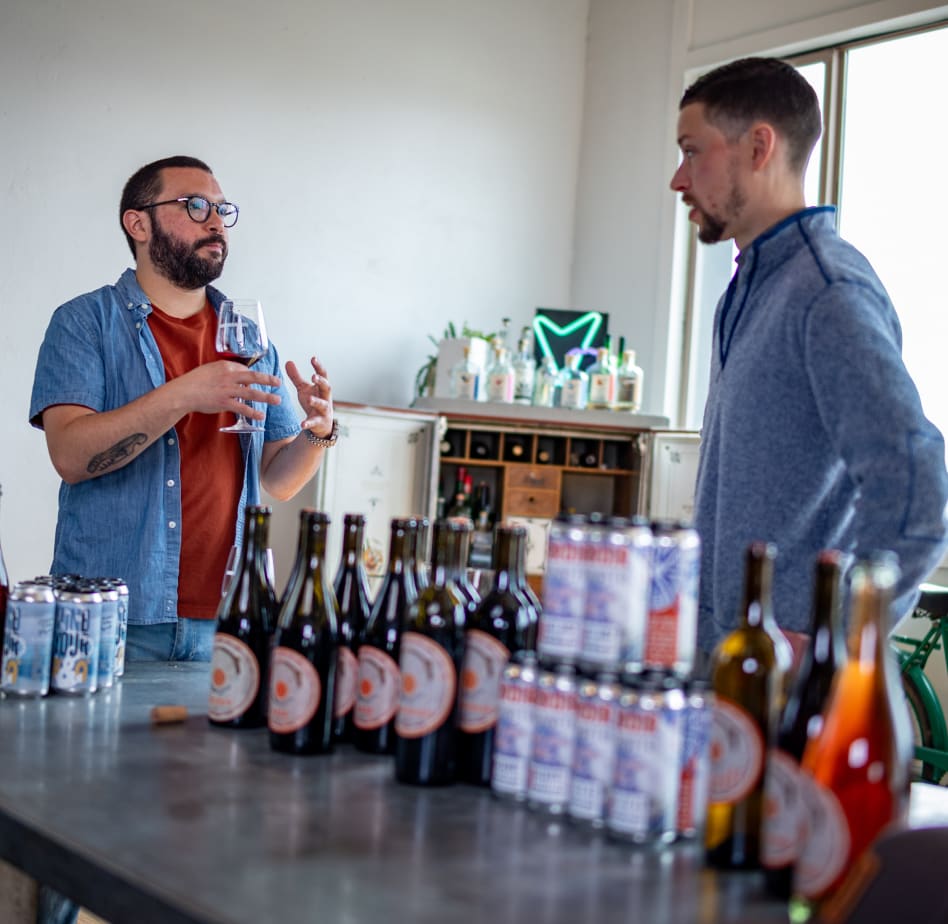
Machine-learning tools are “prediction machines.” Sommeliers and other wine experts can make predictions too, but their real value is that they are “elevation machines”. By sharing their subjective, experiential impressions of various wines, wine experts can level-up your wine experience in a way that machines can’t yet and likely won’t be able to do for quite awhile.
Hessinger, a classically-trained musician, makes this point with an analogy. “We can take a dataset of classical music, convert it all into vectors, and run it through a machine learning model using recurrent neural networks. With enough data and tuning, that model can probably spit out compositions that are pretty similar to its input data. That can be useful for some tasks, but it misses the point badly from the perspective of creating a shared aesthetic experience. When you go to a concert, the whole point is that the musicians are feeding off the audience’s attention, and the audience’s experience is enriched by the spontaneity and subjectivity of the musical performance.”
The Joys of Wine Expertise
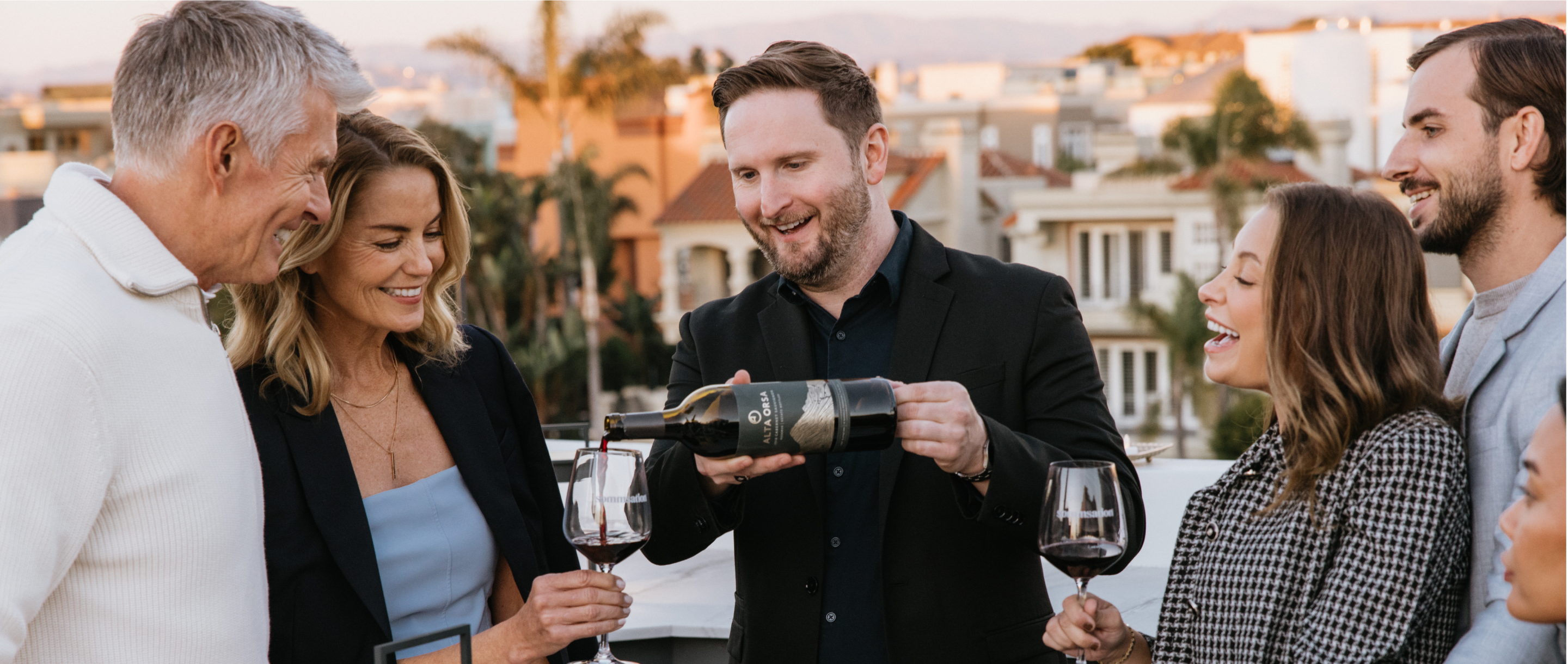
So why should non-experts care about wine expertise? For Lovenworth, it’s simply about pleasure. “The job of a wine expert is to enhance your enjoyment of wine, so if you care about enjoying wine, interacting with someone who has wine expertise should really only better your journey and experience,” she says. However, Lovenworth notes that not all experts are for everyone—but that ultimately shouldn’t steer people away from trusting expertise. “If an expert doesn’t improve your experience, don’t count us all out!” she exclaims. “Just like there’s a wine out there for everybody, there's a wine expert out there for everyone.”
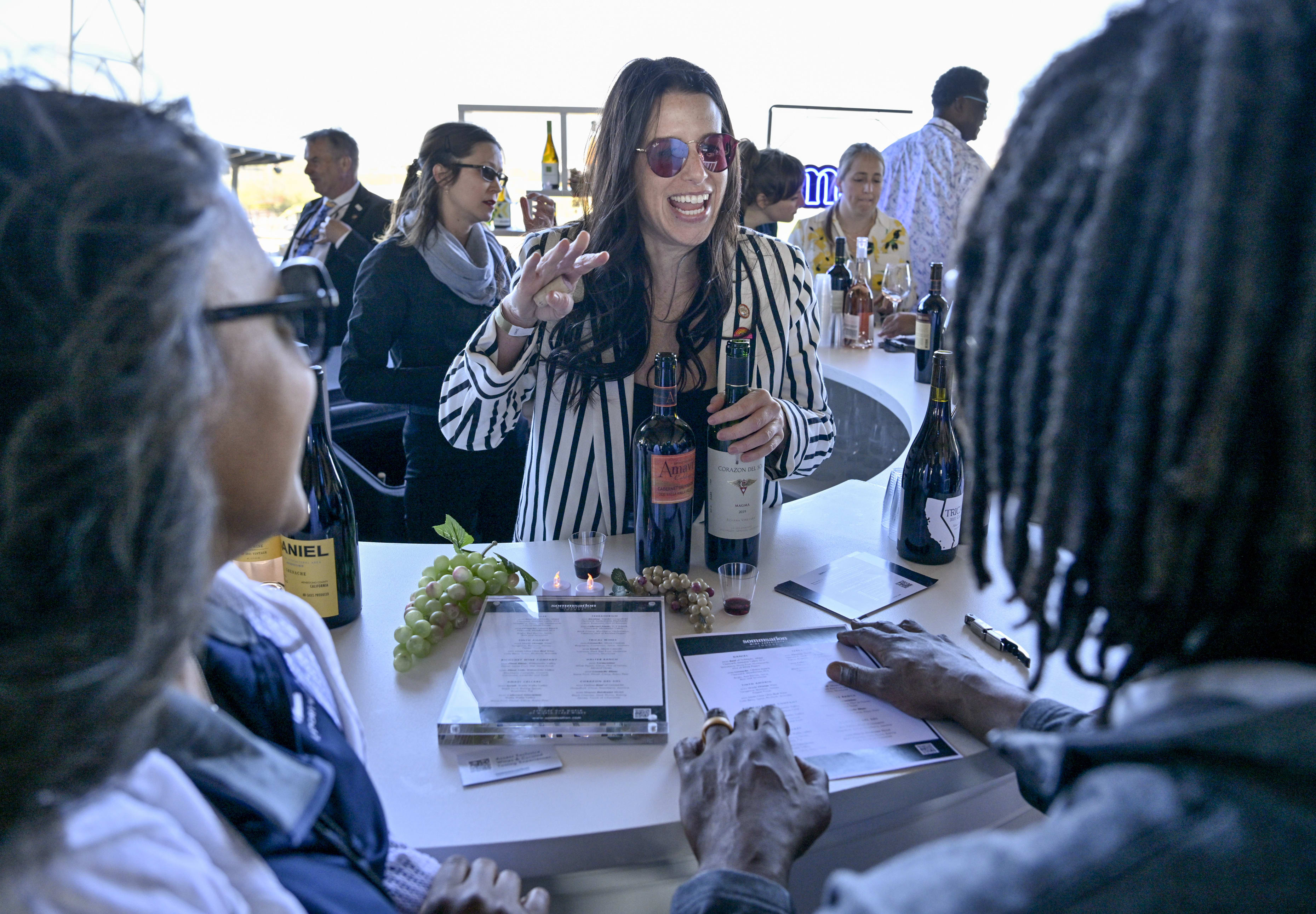
Above all, Lovenworth finds that the multifaceted nature of wine is what sets wine experts apart from experts in other fields, as well as its deep focus on human enjoyment and experience. “It’s not just memorizing facts and statistics; the wine world is dynamic—it changes every day, with every vintage, and over time,” she says, stating that on the contrary, what doesn’t change is the culture and tradition surrounding it.
“Lastly, we’re also fun!” Lovenworth laughs. “I don’t know any other experts that are intrinsically fun! I mean, what other things are you an expert in that includes eating, drinking, and traveling?” she ponders rhetorically, while also emphasizing the joy in spreading that experience to the masses.
“It’s not just for selfish reasons. We do said eating, drinking, and traveling so that we can share it with others,” she says. After all, convivial moments and sparking joy is what wine is all about—expertise not always required.
